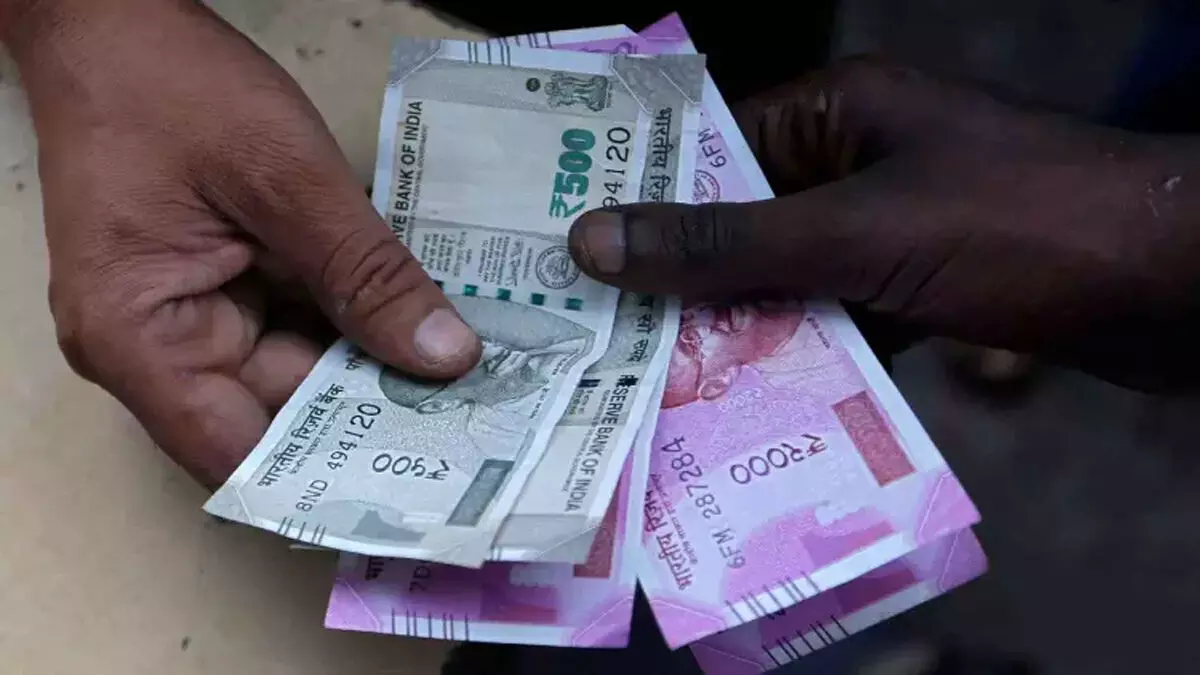MUMBAI MUMBAI: The rupee on Tuesday lost early gains and closed 14 paise lower at 86.59 (provisional) against the dollar amid a sharp selloff in the domestic equity market and a correction in the US dollar index.Forex traders said the dollar weakened from its 109 level but recovered to 108.66 after Donald Trump announced tariffs against Canada and Mexico in the near future but stopped short of announcing any tariffs against China.
They said the rupee may witness heavy volatility ahead of major events in the global and domestic economic scenario.At the interbank foreign exchange market, the rupee opened on a positive note at 86.28 against the dollar. During the day, the local unit touched an intraday high of 86.28 and a low of 86.59.It finally closed at 86.59 (provisional), showing a decline of 14 paise from its previous close of 86.45 against the US dollar.
According to Anuj Chowdhary, Research Analyst at Mirae Asset Sharekhan, the Indian rupee opened with gains on the back of weakness in the US dollar and overnight fall in crude oil prices. However, the domestic currency lost early gains as domestic markets declined. A recovery in the US dollar index also put pressure on the rupee. The US dollar improved after US President Donald Trump threatened to impose 25 per cent tariffs on Canada and Mexico by February 1.
Chowdhary said, “We expect the rupee to remain weak due to underlying strength in the US dollar and weak domestic markets. Importers’ demand for the dollar could put further pressure on the rupee.” However, any further fall in crude oil prices could support the rupee at lower levels. Chowdhary said markets could see some volatility amid announcements from the US government.
Meanwhile, the dollar index, which gauges the greenback’s strength against a basket of six currencies, was trading 0.62 per cent lower at 108.66. Global oil benchmark Brent crude futures fell 0.97 per cent to $79.37 per barrel in trade. On the domestic equity market front, both benchmark indices Sensex and Nifty witnessed highly volatile trading.
